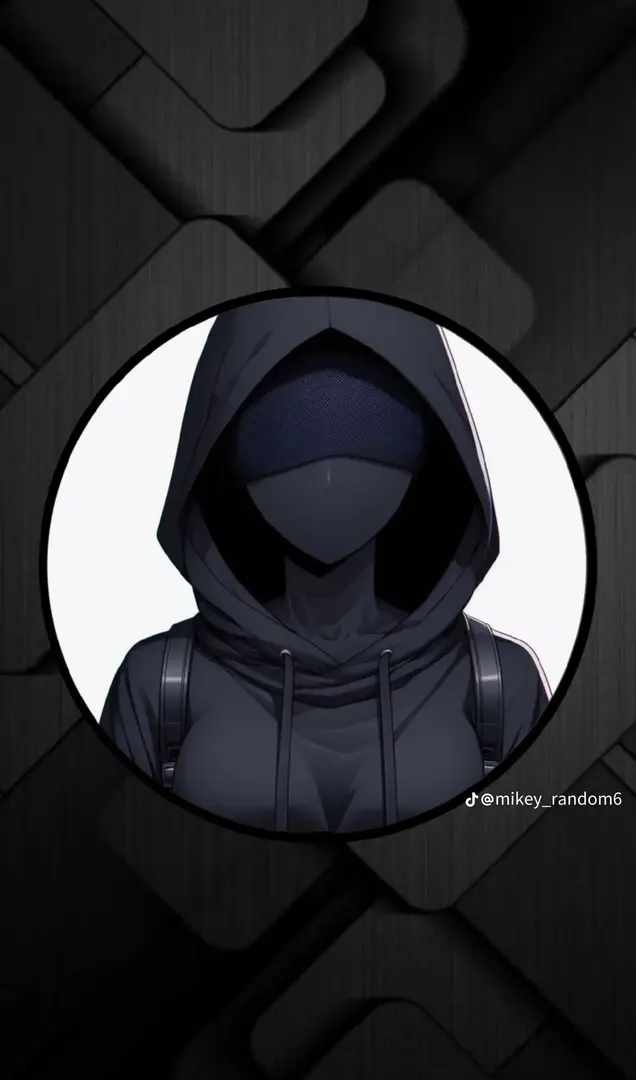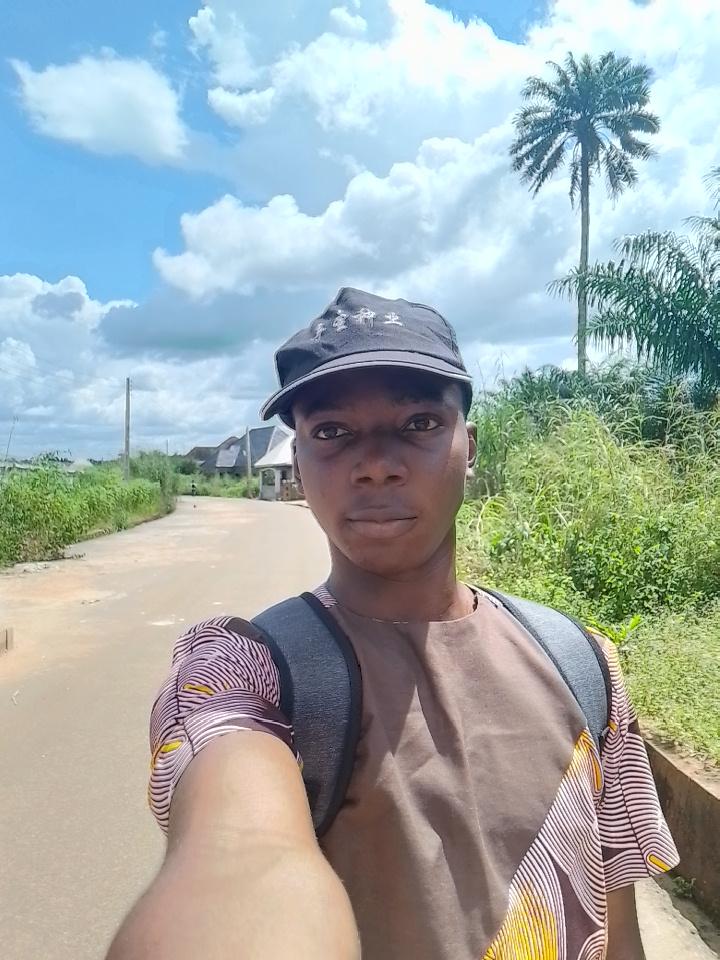Sponsored Advertisements
5 reasons people hate you
Leave a Reply
New Discussions
-
Love isn't hard, people make it hard _Let's talk Relationships ✨

Oluwanifemi
1 min ago00 -
Faith +lifestyle Learning skills

Oluwanifemi
14 mins ago00 -
konnect cash out Every 25th of a new month

Konnect Official
44 mins ago99 -
Earn in Dollars

King
57 mins ago00 -
The most expensive thing in this picture is not even the car.. oh God 💔

Mich Elle
58 mins ago00













Jomei
126 days agoMany people choose hate—consciously or unconsciously—because of five deeply rooted emotional and psychological triggers:
2. Learned Behavior
Hate is often taught, not born. People grow up in environments—homes, schools, social media bubbles—where they absorb prejudices like air. What starts as a parent's casual insult or a biased joke becomes a worldview over time.
> Hate passed down becomes hate dressed up as “tradition” or “truth.”
3. Pain Looking for a Target
Unhealed trauma can breed anger. When people carry pain they can’t express or resolve, they often project it outward. Hatred becomes a misguided attempt to release inner suffering.
> “Hurt people hurt people” isn’t just a cliché—it’s a coping mechanism.
4. Insecurity and Ego
Some choose hate to feel superior. By putting others down, they try to lift themselves up. Racism, classism, xenophobia, and sexism are all built on a fragile ego needing validation.
> When you don’t know your worth, you attack others who seem different, confident, or free.
5. Tribalism and the “Us vs. Them” Mentality
Humans are wired for connection, but sometimes that bonding happens by building walls. People find comfort in belonging to a group—and often that group defines itself against someone else.
> Hate becomes the glue that falsely binds a tribe.
---The Cure?
Compassion. Education. Exposure. Healing. None of these are instant—but all of them are more powerful than hate, in the long run.